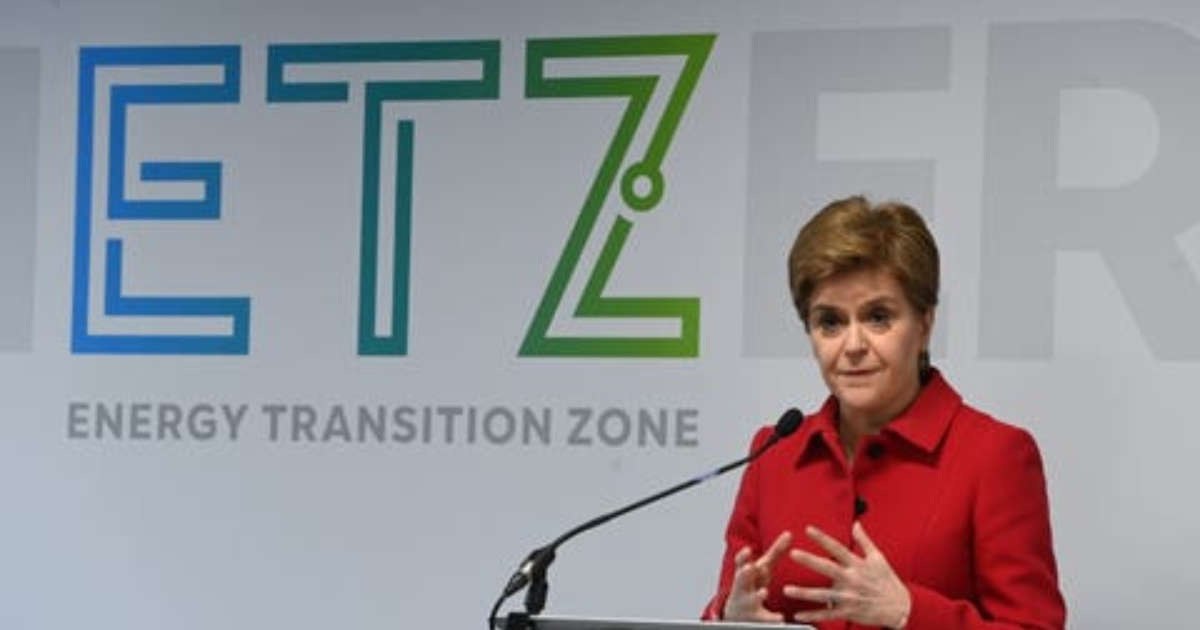
Scotland must do more to ensure that the “massive renewable potential” from offshore wind projects benefits the country economically, Nicola Sturgeon has said.
The First Minister was challenged about declining numbers of low carbon and renewable energy jobs in Scotland despite the Scottish Government investing in a transition to net zero.
It follows a report from the Office of National Statistics that showed the number of green jobs in Scotland was down again, while Scottish renewable businesses were making less money.
The ONS estimates reveal that employment in the low carbon and renewable energy sector dropped from 21,400 full-time jobs in 2019 to 20,500 in 2020.
It is the fourth consecutive year that job numbers have decreased, down from 24,000 in 2016.
Scottish business turnover in the low carbon and renewable energy economy was estimated to be £5.5 billion as part of the £41.2 billion recorded across the UK.
Asked about the statistics, Ms Sturgeon said that people should be “cautious about looking at figures for the last couple of years” because of the pandemic but acknowledged Scotland had not been good enough at retaining the benefits from firms profiting in the energy sector.
Speaking at the launch of the National Floating Wind Innovation Centre in Aberdeen, Ms Sturgeon said: “I don’t think we have done well enough at translating our massive renewable potential into jobs and economic benefit.
“That, frankly, is the challenge we face in the future – to do better.
“ScotWind is the biggest opportunity we’ve had as a country probably since the discovery of North Sea oil and gas and we must make sure that it translates into supply chain benefits and jobs.
“The Scottish Government, working with developers, are very focused on that.”
The First Minister told the PA news agency: “In terms of how we ensure that economic benefit and activities are retained here in Scotland, that is about making sure that the developers are sourcing the materials and spreading the economic benefit in Scotland.
“That is one of the big challenges but also – if we do it right – the big opportunity we face.
“We’ve got to make sure all of these different levers that we have, including green ports… are only part of a much bigger picture.”


 9°C
9°C
 10°C
10°C